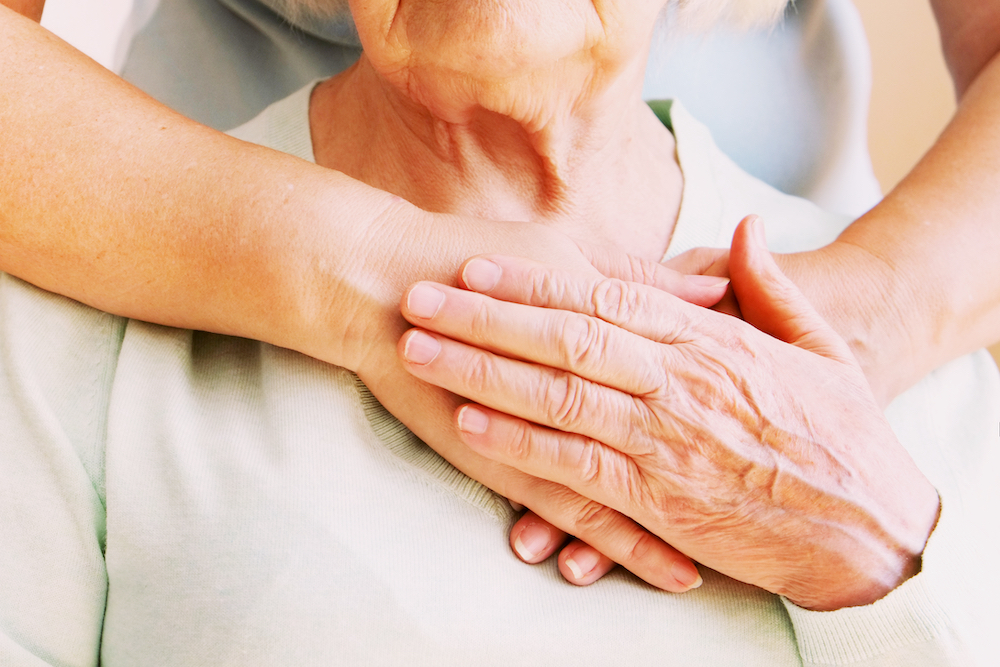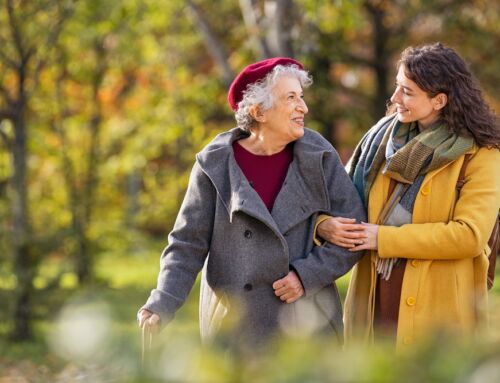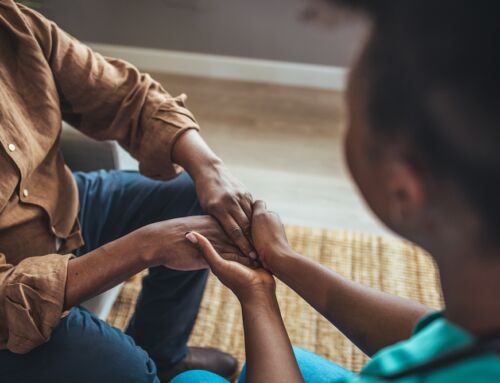If your parent or loved one is moving to or living in one of the senior living communities in Sacramento, CA, there is so much that you can do to see that they get the best imaginable care. Often older people become slightly forgetful and fail to present the whole picture when visiting the doctor. Or worse, they decide not to mention certain symptoms and issues because they fear the treatment is worse than the cure.
This is where you can help by offering to attend the consultation with them to gain a fresh perspective on an old problem.
1.) Prepare Some Questions
Prepare some questions to ask the doctor, and jot them down, base them on problems that are worrying your relative. If the answers can be clarified, it will put both your minds at rest. If there is a major problem, you will then be in a position to research it further.
Some older people don’t hear too well, and some even turn off their hearing devices in noisy environments. This might mean that crucial communication opportunities are being missed, so you going along too will solve that issue because you will hear every word.
In other cases, the enormity of the diagnosis can be daunting, and the older person is afraid to ask any further questions. Doctors are good at judging this and sometimes give information gradually, as all at once can be distressing; sometimes, people just don’t want to hear any more bad news.
2.) Be a Good Moral Support for Your Relative
Suppose the doctor suggests that your relative purchases some special equipment, like a walking frame or a raised toilet seat. In that case, offer to drive to pick it up. Often this is a nuisance for older people, and they don’t follow through with the doctor’s orders. So it is great if you can support them in getting what they need for independent living needs.
3.) Medications
Your relative may have a lot of prescription medication, and when the doctor adds yet another script, this can be confusing. Suggest a dosette system, loaded by the chemist every week based on the prescriptions from the doctor.
This is a simple 7-day dose, with four slots a day, say: morning, midday, dinner, and bedtime, with each space loaded with the appropriate medication, and the patient goes straight to the day, Monday, and has the right tablet for the right time of day.
When kept in the kitchen as a constant reminder that mealtimes usually equate to medication times, and because each day of the week is catered for, there is no confusion. There is a small charge for this service, and it is great for older people and relieves the relatives of worry and added responsibility.
4.) Meals
Many older people find cooking and shopping too much trouble, and when you check their refrigerator, nothing is in there. This is frightening, as they can lose weight and deteriorate fast. As a family member, relieve them of the worry of cooking by ordering custom-made meals. There are a few companies that do this well. They interview the client to find their likes and dislikes, and then they plan high nutrient meals based on preferences. These are normally delivered frozen in microwave containers once a week. All you have to do as a family member is to make sure they have a microwave oven. Check to see if they are eating good, healthy foods. Senior living communities in Sacramento, CA, probably provide this service for the resident.
5.) Is Your Loved One Socially Connected?
Many older people tend to become isolated, and the reason for this varies. They may have mobility issues or communication issues caused by dementia. If they have good cognitive skills but lack the energy to go out, install a word game like WORDL on their mobile device. The New York Times Word of the day is very good for their cognition and is something they can do without going out of the house.
6.) Exercise
Even older people require some exercise, and a lack of weight-bearing exercise can lead to osteoporosis. Just going for a walk is often enough for an older person, and sometimes weights are recommended. The local community sports physical therapist may be able to help with recommended exercises, as everyone’s needs are different as they age, and as an advocate, you can help to get them moving around.

7.) Alcohol and Smoking
Does your loved one have any addictions? This is a difficult question to ask as this type of problem remains largely hidden. There is no safe level of smoking, and one to two small drinks a day is probably not going to do any harm. However, too much alcohol can lead to an older person becoming unsteady on their feet and falling down, so alcohol intake should be kept at a minimum. Senior living communities in Sacramento, CA would be aware of these issues, and often being a part of a community reduces the need for alcohol and cigarettes, as when older people are happy and supported, that is all they need.
8.) Living in the Right Community
When you go along to the doctor with your loved one, you will find that the time comes when their condition starts to deteriorate. When the doctor becomes aware of this, they will suggest a higher level of care. This may or may not be a relief to your loved one; however, you are there to support them in their decision. Some people will welcome more help being offered, and others will want to stay in the same situation.
If they have a pet at home, they will often be reluctant to go into assisted care, and you can make their decision easier by offering to take the dog or cat home with you. Some assisted care living units and cottages allow a pet to go to care with the owner, and this may be the best option.
Moving to a supported community while still living independently is often the answer for many older people. This option relieves them of the responsibility of living in their own home and selling the home to support their assisted living needs.
Conclusion
Having the right person to advocate can make all the difference to their quality of life.






